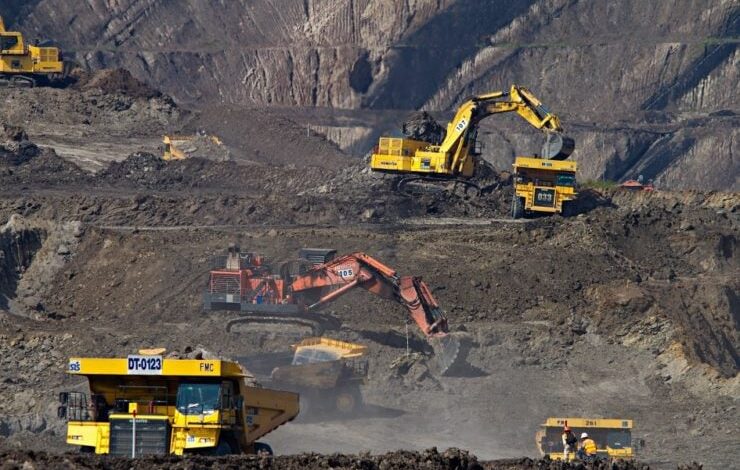Not Another Scramble: Africa Rethinks Ownership of Its Critical Minerals

Africa’s role in the global energy transition is set to receive renewed focus as policymakers, researchers and industry leaders gather for the 7th Kwapong Lecture organised by the United Nations University Institute for Natural Resources in Africa (UNU-INRA) on November 6, 2025 at the University of Ghana, Legon.
The lecture will examine whether the continent’s rich deposits of critical minerals can anchor a new era of green industrialisation or trigger yet another wave of external exploitation.
This year’s keynote address will be delivered by Sheila Khama, a leading authority on mineral governance and former advisor to African governments at the World Bank and the African Development Bank. Her lecture, titled “Critical Minerals: A New ‘Scramble’ or Opportunity for Green Industrialization in Africa,” will explore how Africa can secure greater value from minerals essential for electric vehicles, energy storage, renewable power and low-carbon manufacturing.
Minerals Driving the Energy Transition
Lithium, cobalt, manganese and rare earth elements have become central to the global shift to cleaner energy systems. Demand for these resources is rising sharply as major economies accelerate decarbonisation. Yet Africa, despite holding some of the world’s most significant deposits, continues to export many minerals in raw form, capturing little of the global value.
UNU-INRA argues that the current moment presents an opportunity for African governments to change this pattern by insisting on value addition, stronger governance and partnerships that prioritise local development. The institute has established the Critical Minerals Information and Knowledge Hub to support evidence-based negotiations and informed policymaking across the continent.
A Choice Between Dependency and Transformation
The lecture will address the risk that surging demand could create a modern scramble for African resources. It will also highlight strategies that could enable African countries to build processing industries, develop regional supply chains and promote domestic job creation.
Policy tools expected to feature in the discussions include local processing requirements, joint ventures between governments and private firms, regional industrial clusters and shared infrastructure to reduce production costs.
Ghana’s Strategic Position
Ghana is increasingly viewed as a potential player in the critical minerals market, with confirmed deposits of lithium, bauxite, manganese and other key minerals. How the country structures production, processing and investment agreements in the coming years will determine whether it becomes an integrated player in the global supply chain or remains primarily an exporter of raw ore.
In Honour of a Legacy
The Kwapong Lecture series was established in memory of Professor Alexander Adum Kwapong, the first Vice-Chancellor of the University of Ghana and the first African Vice-Rector of the United Nations University. The series promotes public engagement on natural resource governance and Africa’s development priorities.




